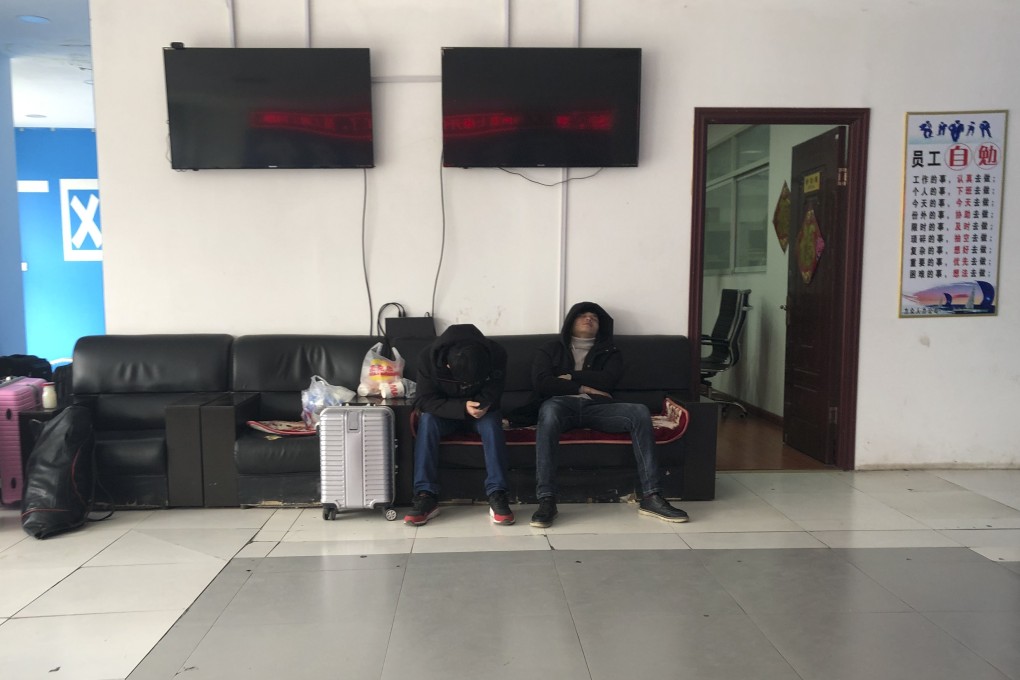iPhones cost US$800, I was offered a job at Foxconn to assemble them for US$1.7 per hour, 40 hours per week
- A South China Morning Post reporter’s experience visiting Foxconn’s huge facility in Zhengzhou, in China’s Henan province
- Foxconn desperate for new hires as weak iPhone demand has led to less overtime, prompting workers to quit

The gate to Foxconn’s huge Zhengzhou facility is enveloped in a grey haze, pollution constantly hanging in the air.
Outside a man is smoking, his luggage at his side. He has been squatting on the ground for more than 10 minutes.
“Are you looking for work here?” I asked him. “Yes,” he replied, “you too?”
He stubbed out his cigarette, threw his bag on his shoulder and asked me to follow him to the plant’s reception area, where jobseekers can apply for work.
The man had previously been a worker at Foxconn’s Zhengzhou plant, which is the biggest iPhone assembling facility in the world.
He was invited to come back after the Lunar New Year holiday, lured by another permanent position by a 1,000 yuan (US$149) bonus, which will be paid in two monthly instalments.
We walked about 100 metres to the reception. After showing the text message invitation on his mobile phone, the man was ushered onto a green bus for further registration, while I was taken to meet two Foxconn recruiters.
There are few requirements for being a production line worker at Foxconn. As long as you are educated to the age of 15, are aged between 16 and a half and 40, and are not Uygur or Tibetan, you’re welcome to apply.